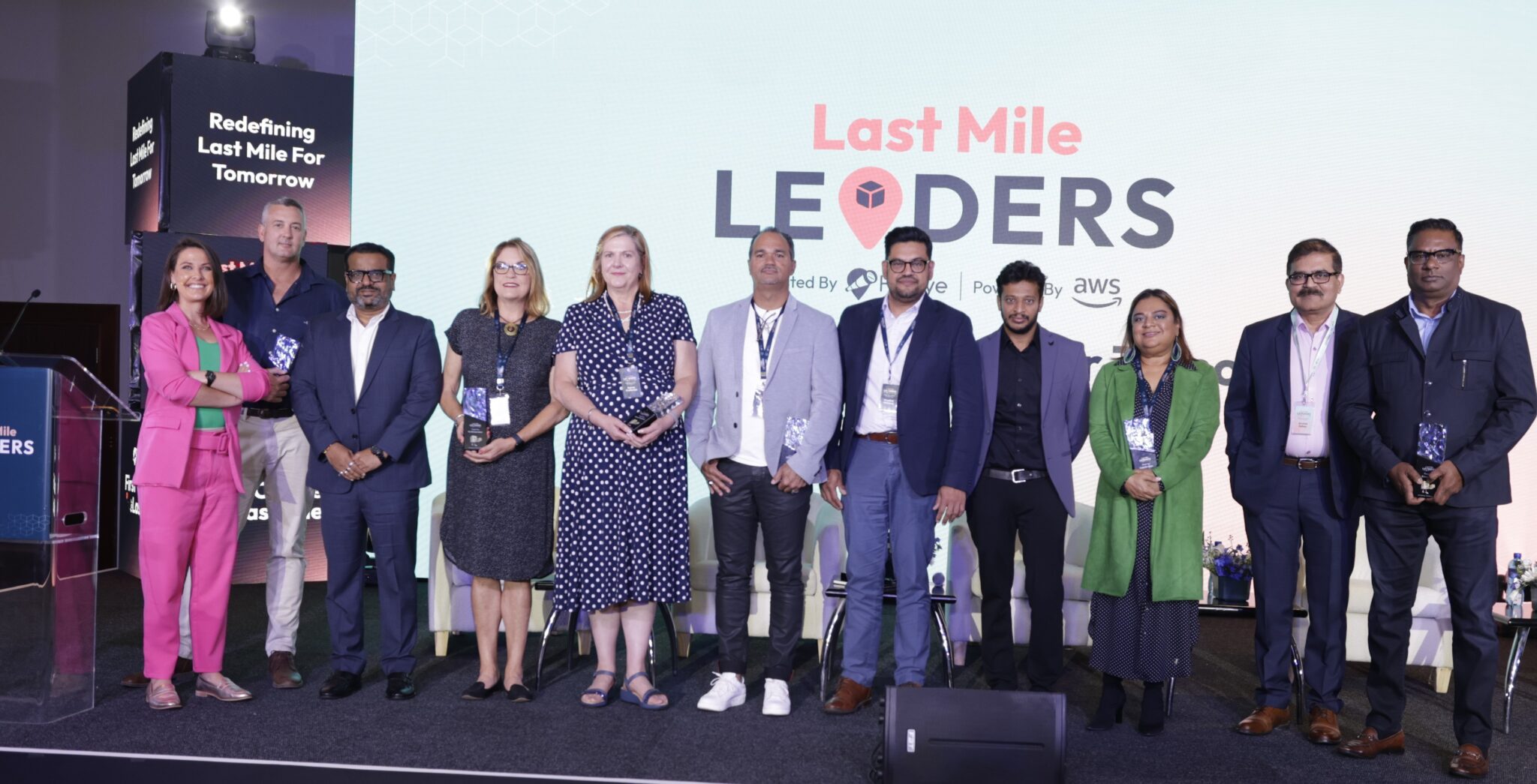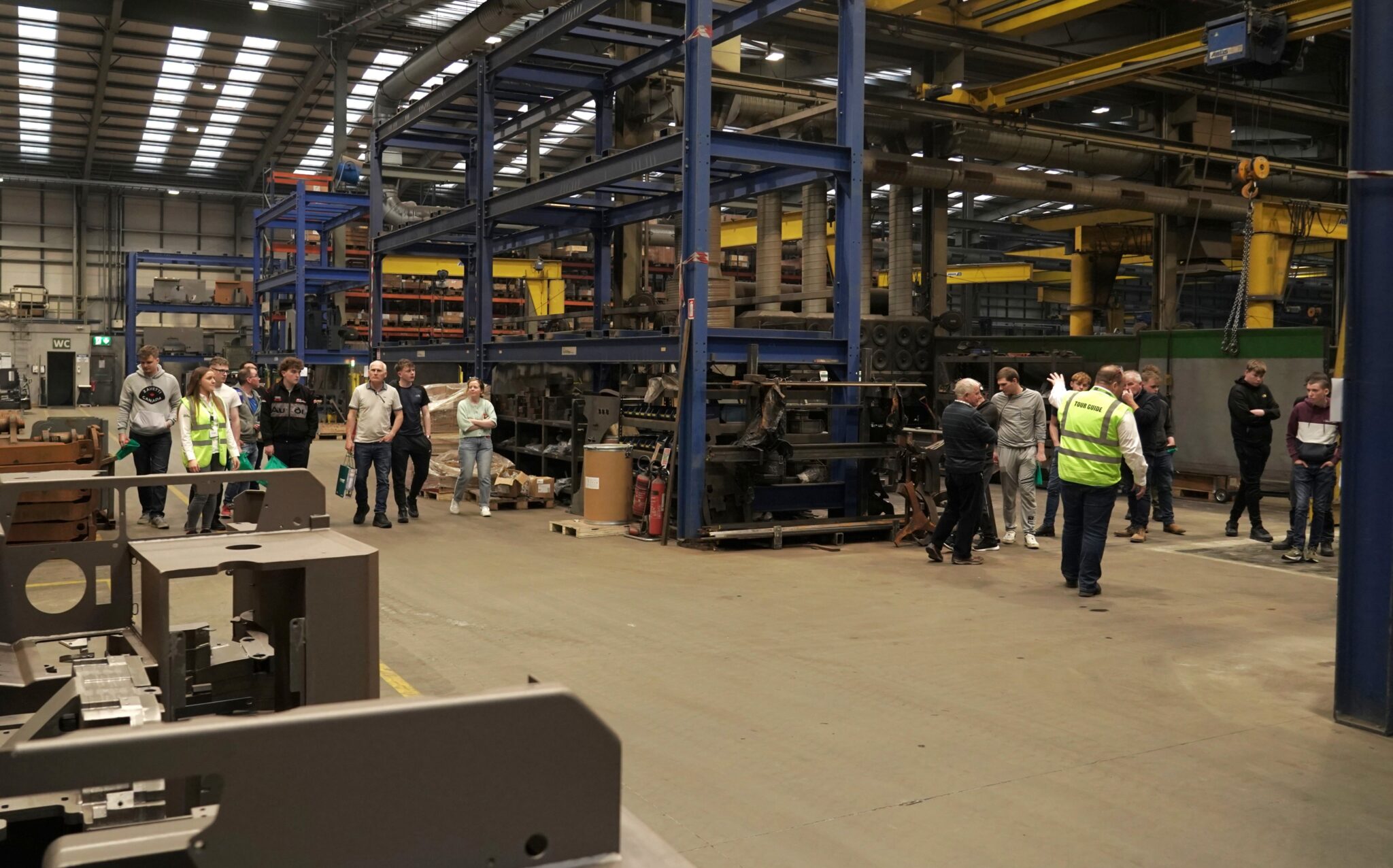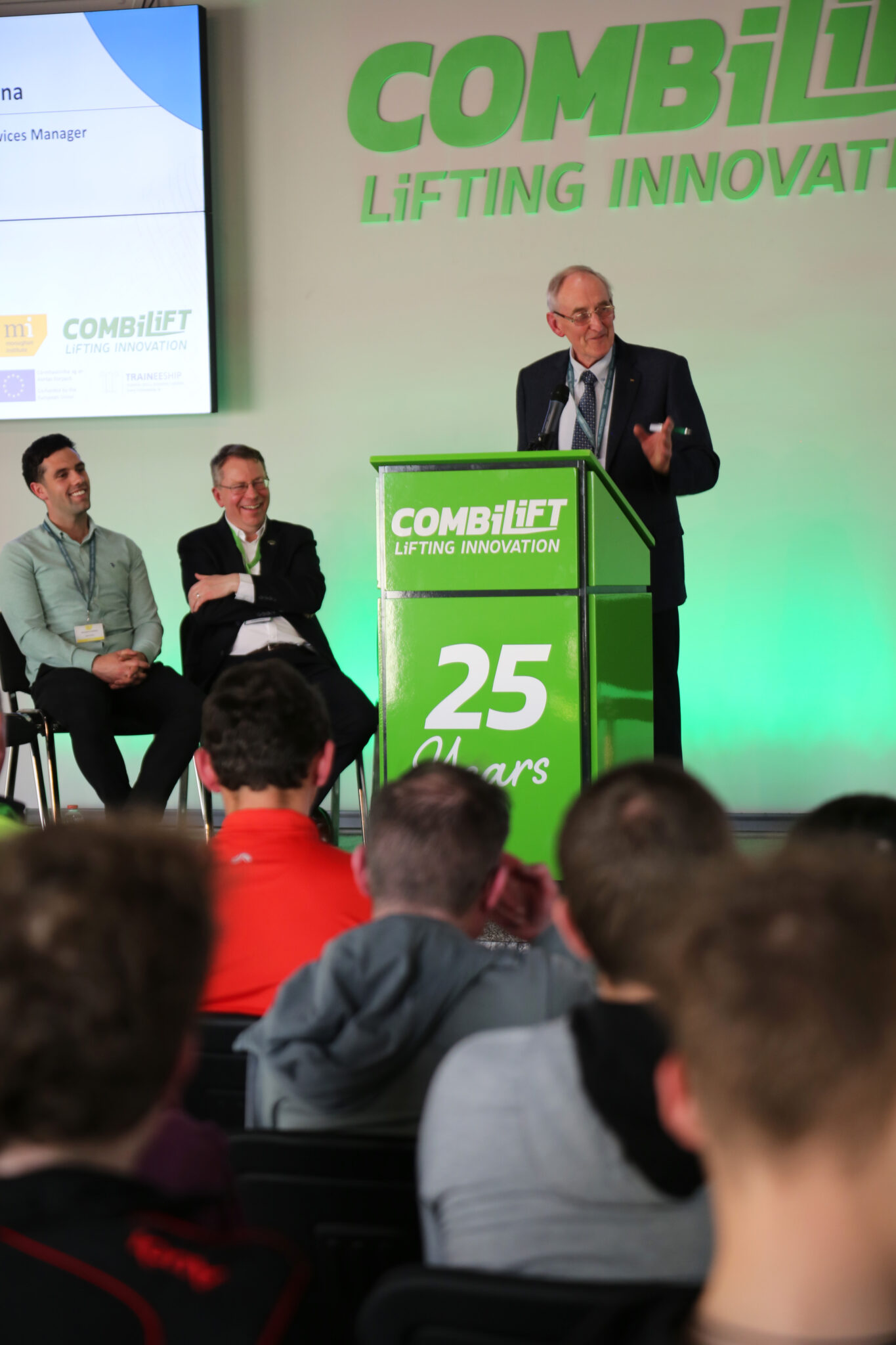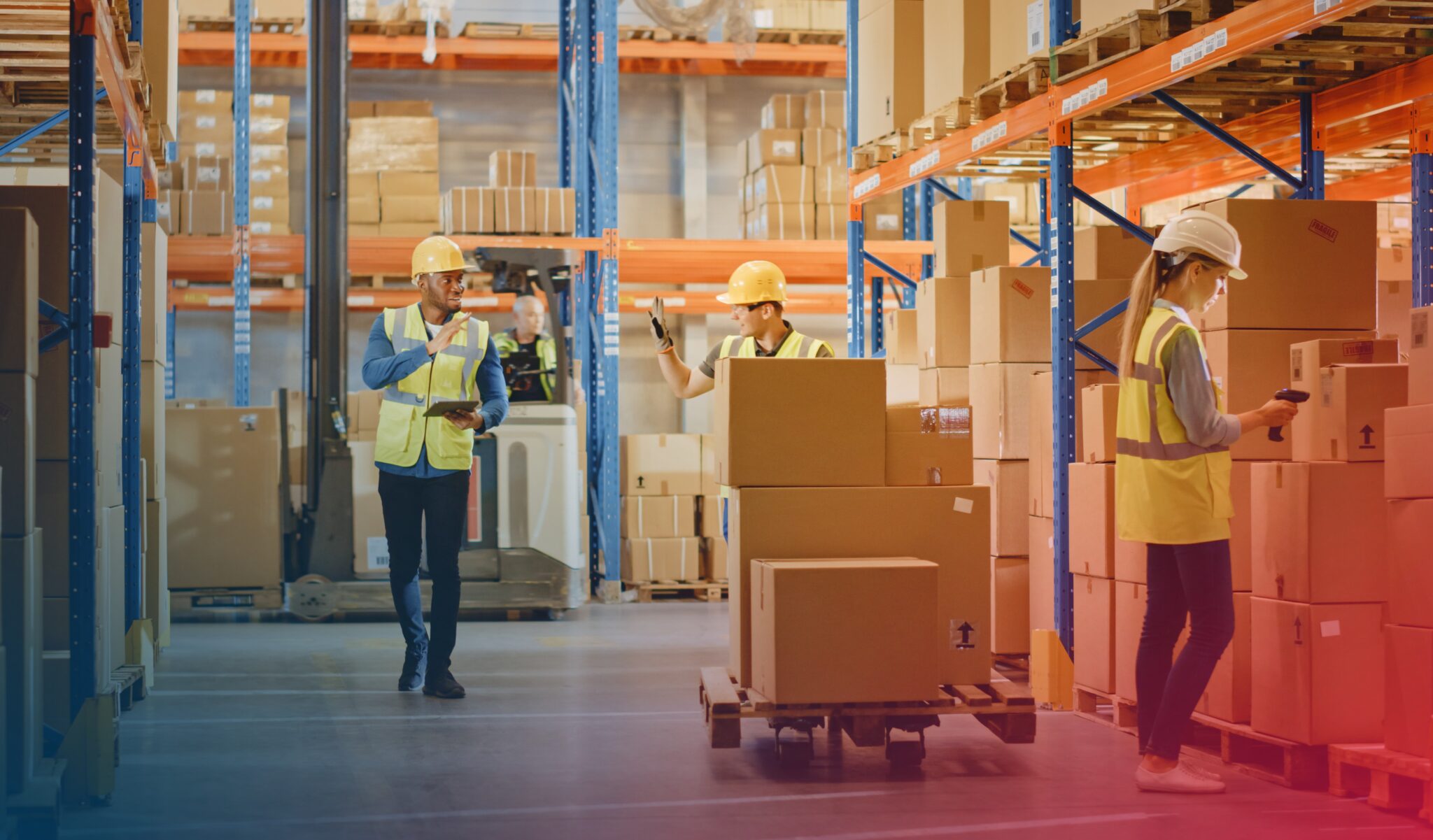Last Mile Leaders Europe, hosted by FarEye, returns to centre stage on May 14th in Amsterdam, uniting more than 80 influential voices from across the continent’s logistics, retail, and supply chain sectors. This high-impact gathering is more than just an event — it’s a bold industry moment where technology, innovation, and collaboration converge to reshape the final leg of delivery. Logistics Business Editor Peter MacLeod will be attending and appearing as a panellist.
Signaling the industry’s global momentum, the Amsterdam edition will convene CIOs, Chief Supply Chain Officers, Heads of Sustainability, Logistics and Last-Mile Leaders, D2C Business Leaders, Heads of Customer Experience, Fleet & Fulfillment Managers, and Digital Transformation Executives from some of the world’s top logistics and retail brands — reflecting a shared urgency to transform last-mile delivery for a faster, greener, and more resilient future. Their presence underscores the increasing cross-functional commitment to building smarter, more agile, and sustainable last-mile ecosystems.
Kushal Nahata, Co-founder and CEO of FarEye, and the man behind the Last Mile Leaders (LML) platform, said: “Europe’s last-mile priorities are shifting fast — cost, speed, and sustainability are no longer trade-offs but simultaneous imperatives. From smarter routing and AI-driven automation to greener fleets and reverse logistics, innovation is rewriting the rules. The last mile isn’t just a delivery — it’s the moment where customer promise meets operational excellence.” He continued: “Amsterdam will be where ambition meets action — where startups, enterprises, and experts come together to shape a faster, cleaner, and more intelligent future for delivery.”
Setting the tone for industry transformation, the launch of Eye on the Last Mile 4.0 will offer an essential roadmap for what’s next — delivering strategic insights from senior logistics leaders across Europe and beyond. This year’s edition uncovers the key forces reshaping last-mile delivery, from cost and infrastructure challenges in urban environments to the accelerating role of AI and automation in defining operational models for 2025. It also highlights the growing business case for sustainable and circular logistics networks. The report is expected to serve as both a mirror and a map for decision-makers navigating an increasingly complex, competitive, and customer-driven landscape.
Europe’s own last-mile startup ecosystem is surging forward with intensity. As of 2024, the region is home to more than 200 last-mile delivery startups, addressing challenges like congestion, emissions, and last-yard complexity through breakthrough innovations in autonomous vehicles, robotics, AI-based routing, and sustainable urban logistics. In just the first half of 2024, these startups attracted a record $4.5 billion across 312 deals, cementing Europe’s position as a global hub for logistics innovation and investment.
Key Highlights
Startup Landscape & Investment Momentum: With over 200 startups addressing last-mile challenges — from congestion to emissions — Europe’s logistics innovation ecosystem secured a record €4.5B across 312 deals in H1 2024, reflecting strong investor confidence.
Last-Mile Nexus: Championing the future of delivery in Europe, the Nexus promotes breakthrough solutions in electric vehicles, drone logistics, and AI-powered operations—offering selected startups a live platform to unlock enterprise access, visibility, and funding opportunities.
Industry Participation: Global leaders from DHL, Dyson, DPD IKEA, Beko, JB HI FI, Electrolux, Heineken, Philips, Postnord, Slovenia Post, Wayfair and many more will join to shape the future of smarter, greener delivery.
Eye on the Last Mile 4.0: The Last Mile Industry Report unveils key 2025 trends shaping Europe’s logistics landscape — spotlighting investment priorities, evolving customer expectations, and technology innovations across ultra-fast delivery, urban logistics, and AI-powered operations.
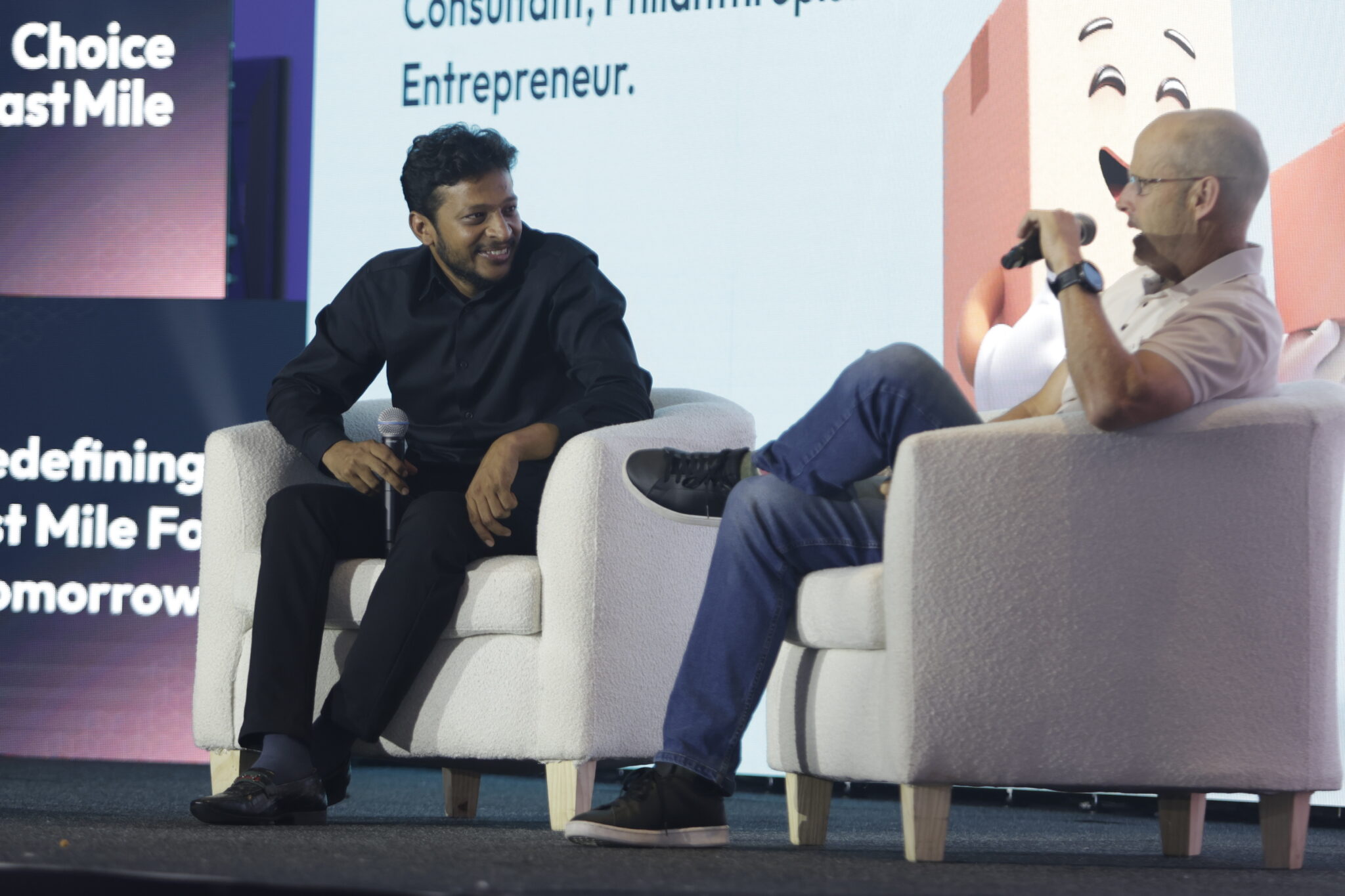
Tapping directly into this momentum, the event will host the Last-Mile Nexus — a pitch platform spotlighting some of Europe’s most disruptive early- and growth-stage startups. After a highly competitive selection process, three standout ventures have been shortlisted to present their innovations live before a distinguished jury of industry leaders:
ClearQuote – an AI-powered platform helping last-mile fleets automate damage detection, speed up inspections, and boost operational efficiency.
Jedsy – a pioneering drone logistics company redefining last-mile delivery in healthcare with emission-free drones that land directly at windows for unmatched accessibility.
Datakrew Private Limited – a deep tech company using IoT and edge AI to enable safer, smarter, and more sustainable electric mobility through predictive EV analytics.
Commenting on the role of startups in driving this evolution, Bernhard Bukovc, Founder at connect2posts and a jury member for the Nexus, shared: “Startups are the driving force behind the future of supply chain and logistics. Supporting their founders accelerates innovation, introducing much-needed agility and advanced technology into a highly competitive market. Europe’s logistics startup ecosystem is entering a period of significant growth, fueled by sustainability objectives, automation, and the increasing need for resilient, AI-enabled, and circular supply chains. Platforms like Last Mile Nexus, which spotlight these ventures, play a critical role in fostering collaboration and advancing the industry. I look forward to joining the jury at the upcoming Nexus Europe chapter in Amsterdam.”
This event marks a pivotal moment in redefining the future of last-mile delivery in Europe. What began as a focused initiative to spotlight the challenges and opportunities of the final leg of logistics, LML has grown into a cross-continental movement — uniting executives, entrepreneurs, technologists, and investors across Asia, Africa and now Europe. With every edition, the platform advances its mission: to unlock profitable, sustainable, and customer-centric last-mile ecosystems through bold ideas, deep collaboration, and visionary leadership.
Last Mile Leaders is a global platform powered by FarEye, dedicated to reimagining the future of delivery. It brings together supply chain leaders, retail innovators, logistics experts, and emerging startups to solve the most pressing challenges in last-mile logistics. With editions across Asia, Africa, and now Europe, LML blends research, real-world solutions, and executive insights to drive conversations that matter. From high-impact panels and roundtables to live startup showcases and industry reports, LML is where the next era of logistics is being shaped — collaboratively, boldly, and sustainably. Where research, solutions, and last mile leaders drive the next era of logistics.
similar news


